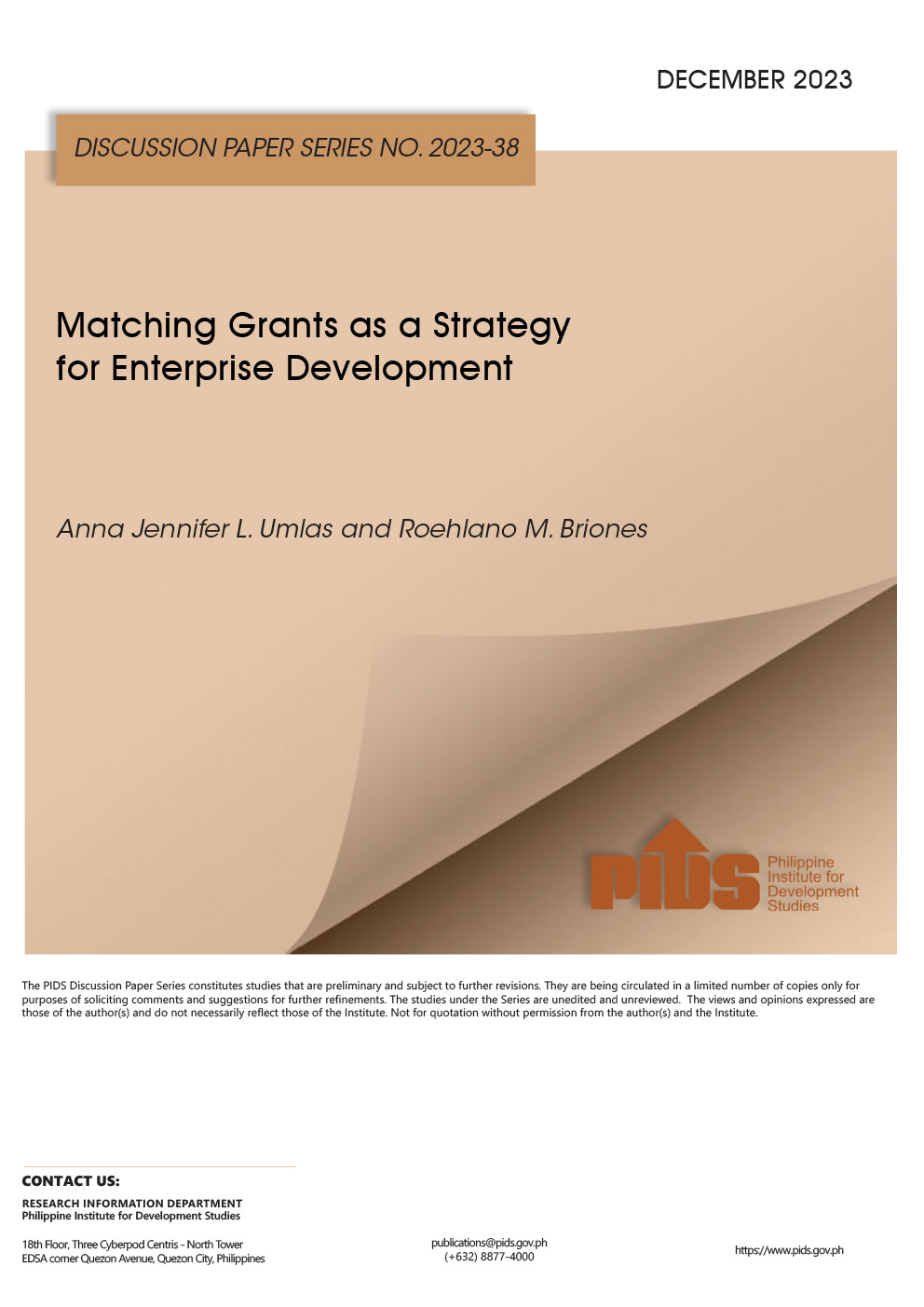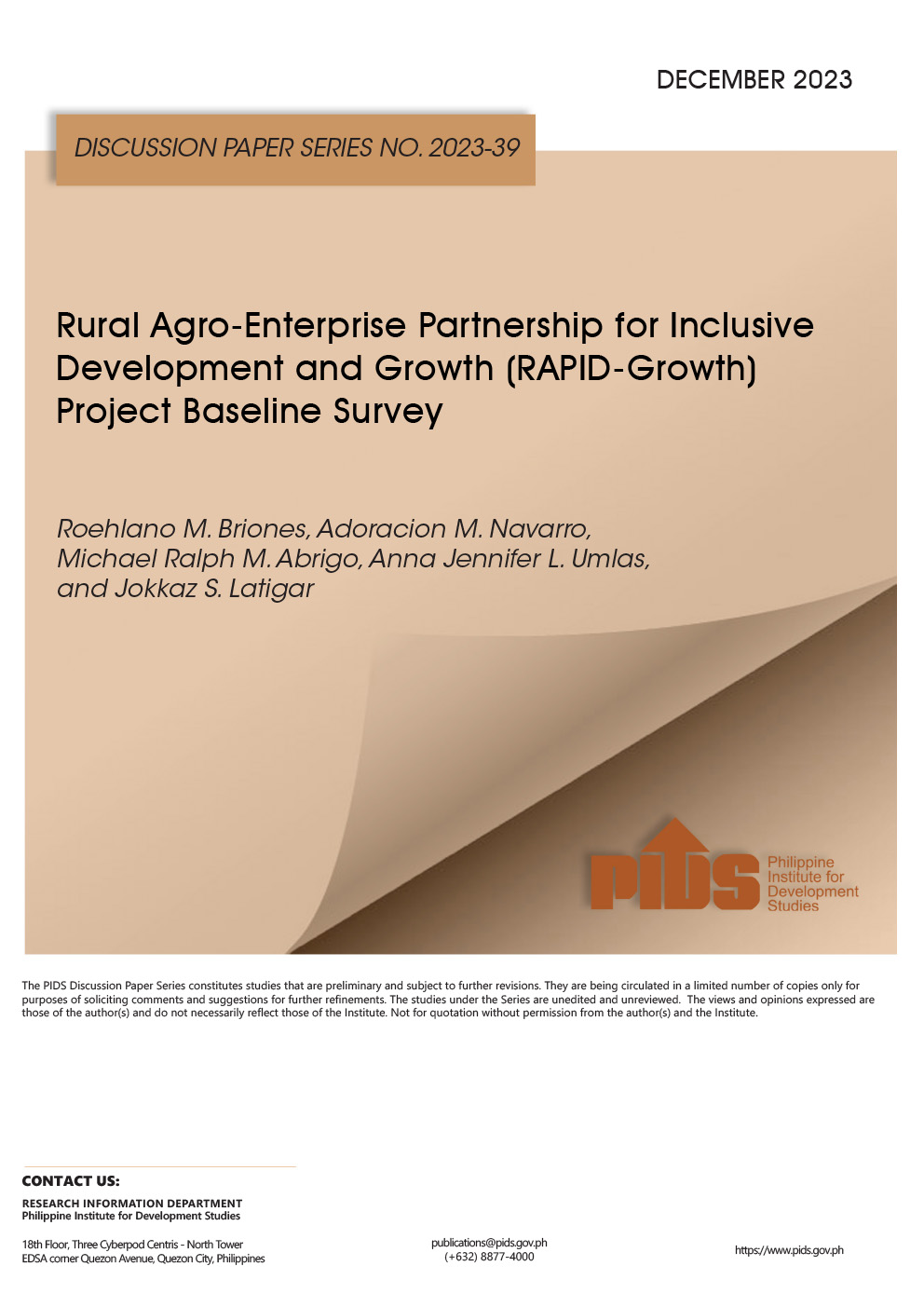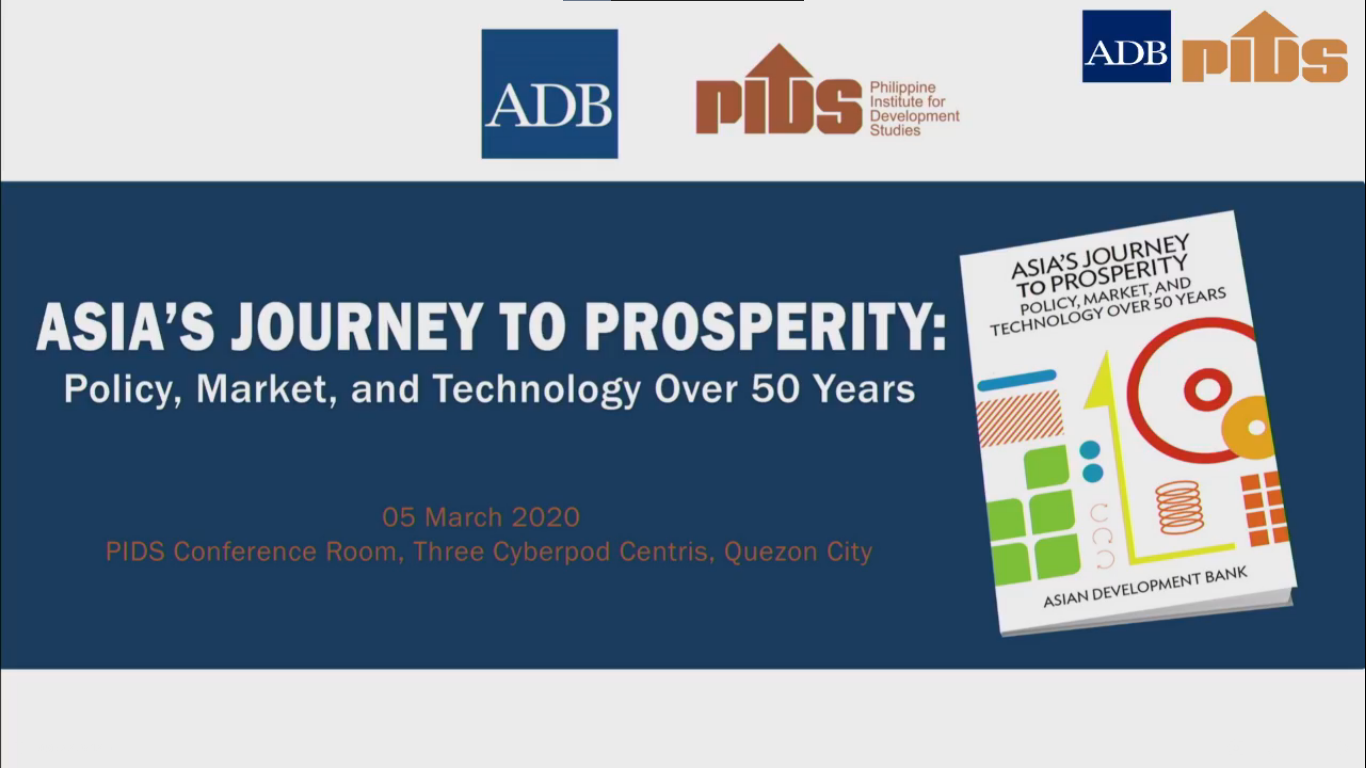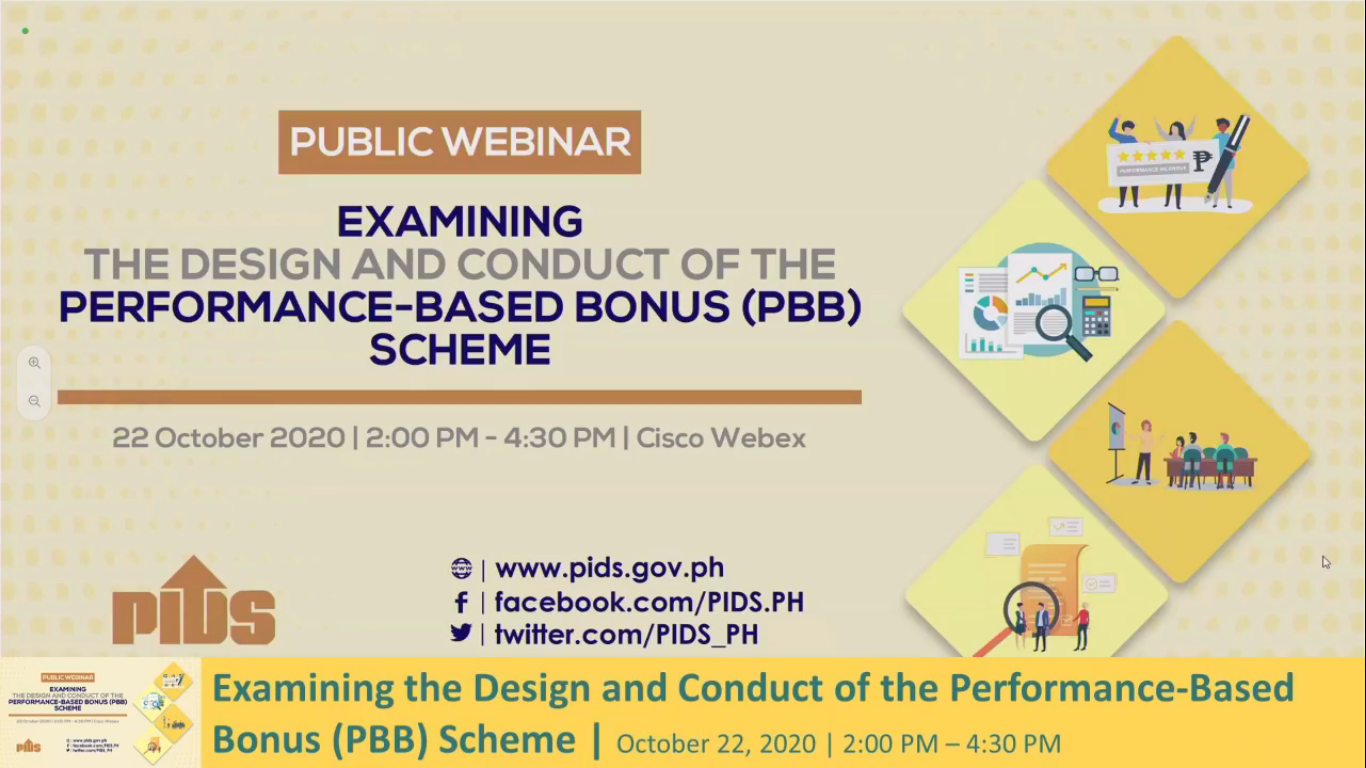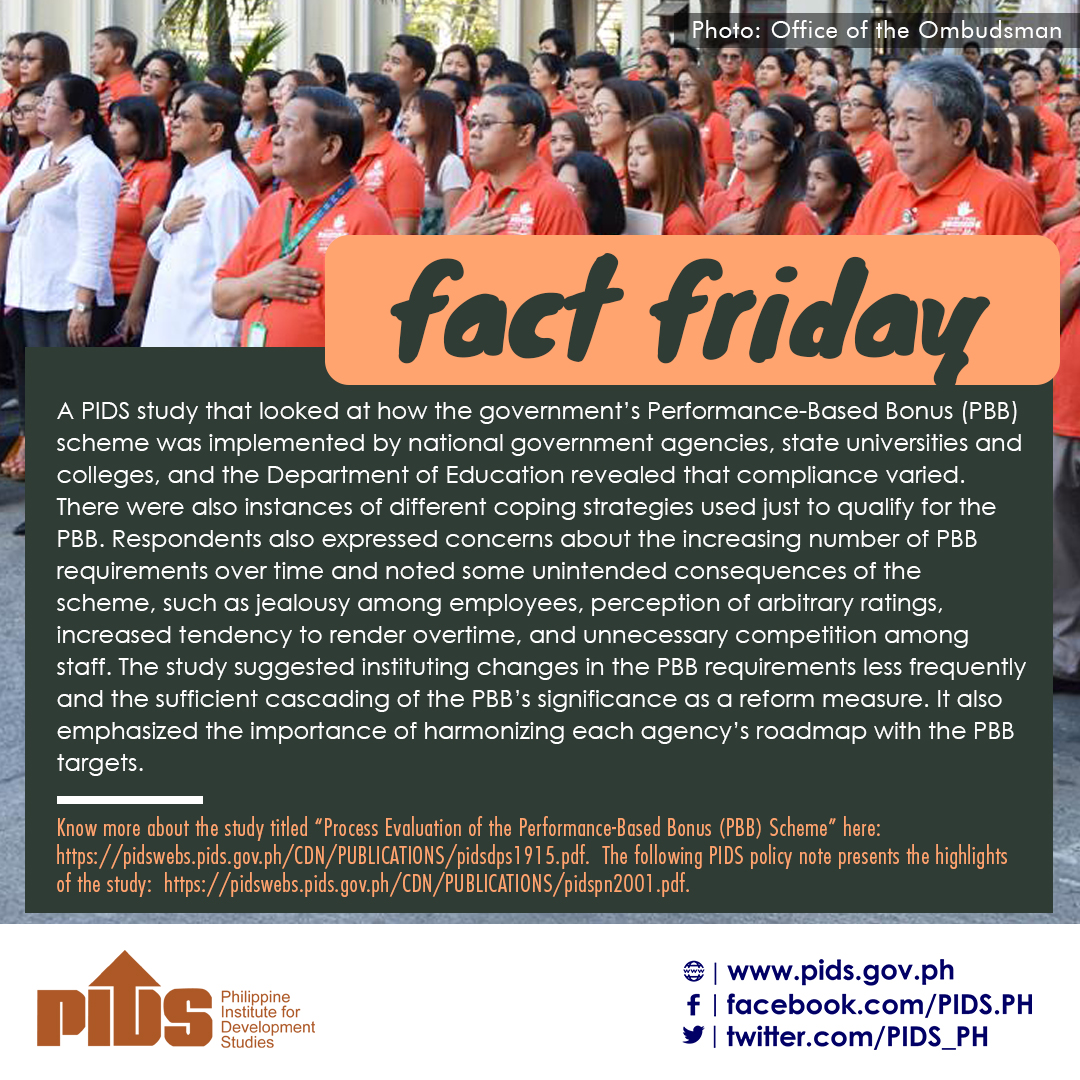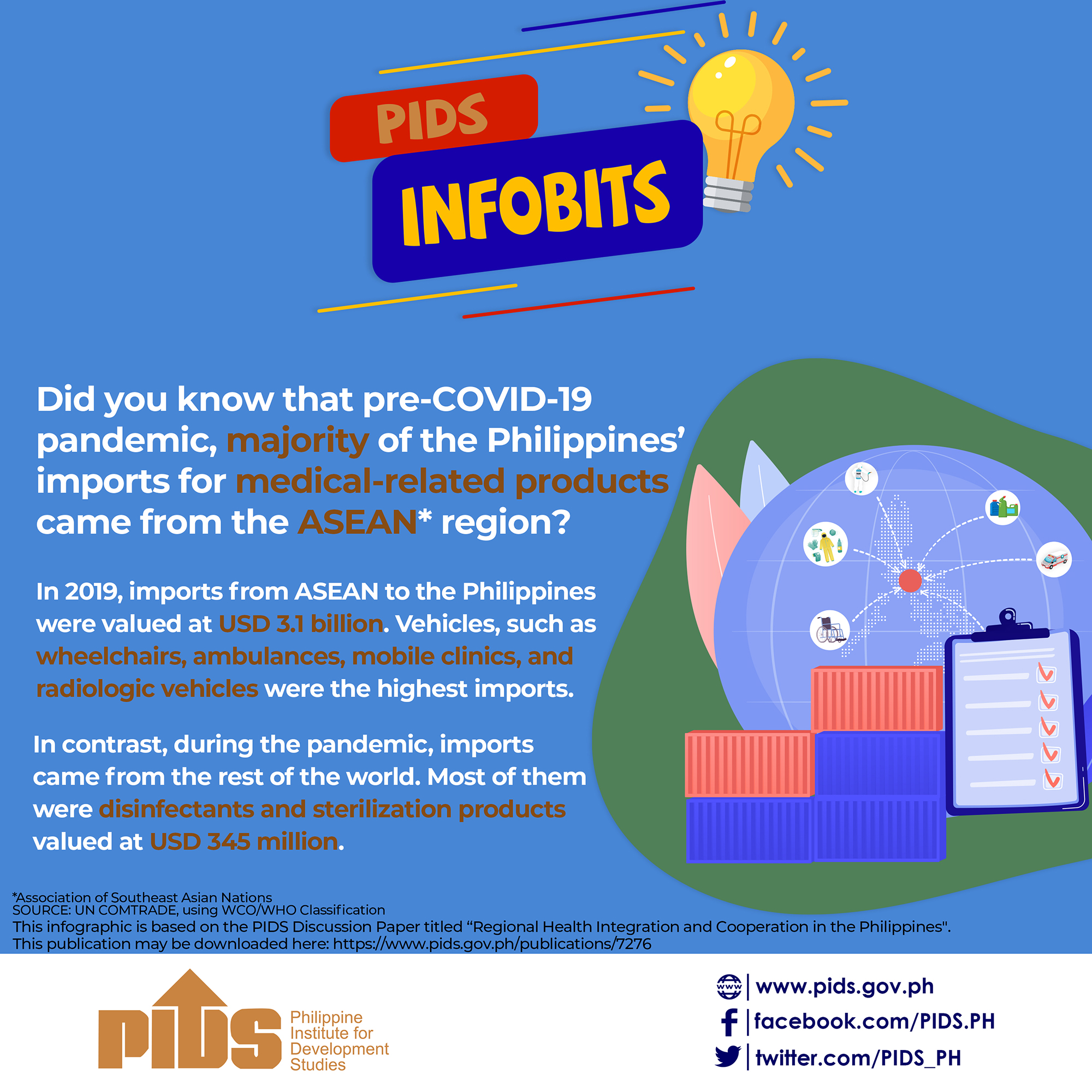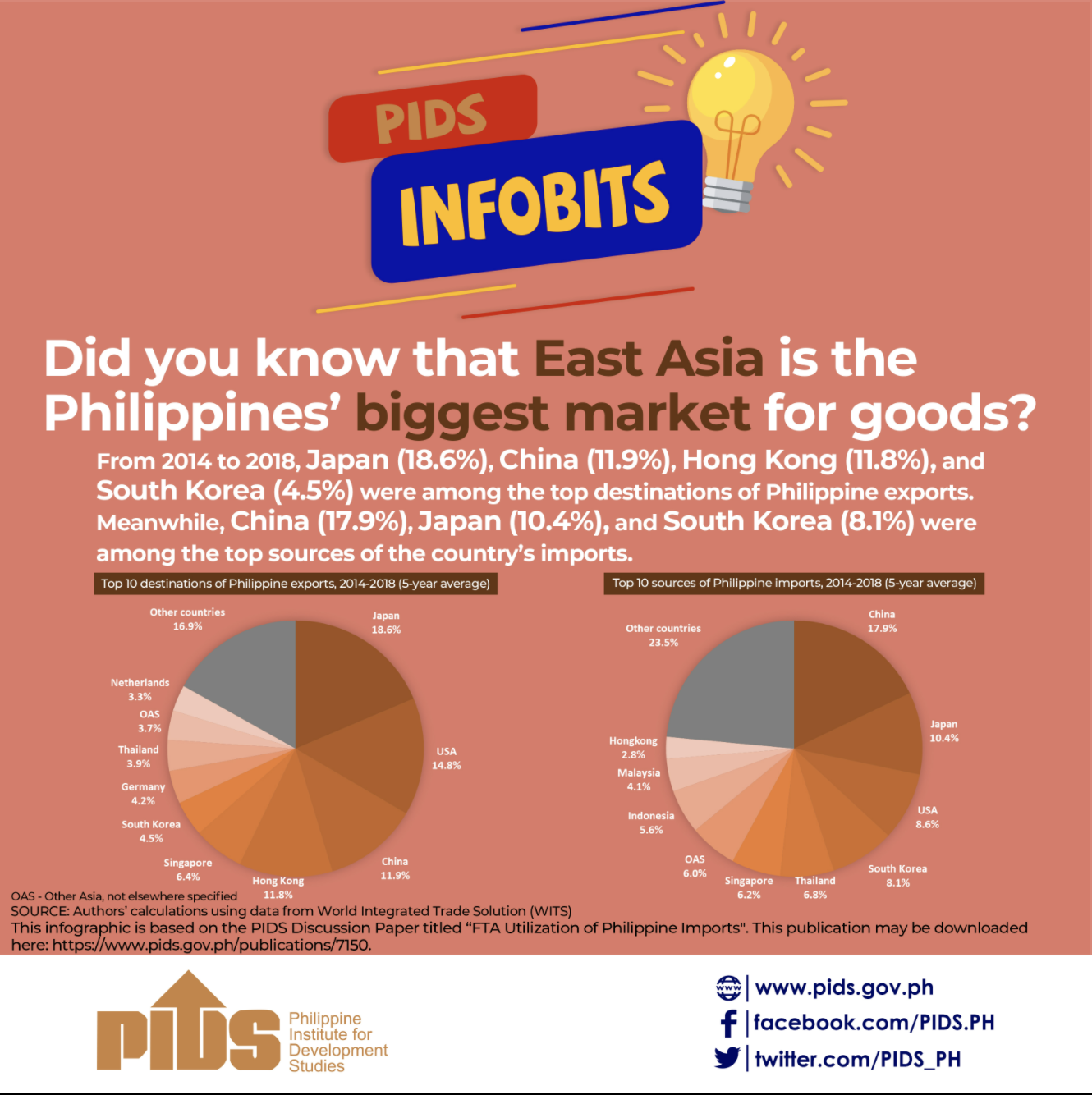The Department of Agriculture (DA) is still contemplating the most efficient way of bringing in the additional sugar imports that will help temper local retail prices.
Agriculture Undersecretary Mercedita A. Sombilla told the BusinessMirror that the DA is still scrutinizing the “merits” of opening the minimum access volume (MAV) for sugar to import the much-needed additional supply.
Sombilla also said the agency is currently estimating the sugar required by the country for this year.
“We are studying the merits of opening MAV versus sugar order and how much we need. [We are] still estimating what is needed for [this] year.”
Philippine Institute for Development Studies senior research fellow Roehlano M. Briones said importation through a Sugar Order (SO), which the government has been doing for the past two decades, would be “much easier” than utilizing the MAV.
For one, imports under MAV are slapped with a 50-percent tariff, except if the sugar comes from Asean member-states, which need to pay only a 5-percent tariff on the commodity.
Briones noted that Thailand is the country’s top supplier of sugar and issuing a new SO would facilitate the entry of additional supplies more efficiently.
The only probable reason that the MAV would be a better option than an import program through an SO is if Thailand is still harvesting sugarcane and its domestic supply is not enough to allow it to export.
“Maybe Thailand’s supply is nearly depleted. It will prioritize its domestic requirements first before exporting.”
If Thailand is unable to export sugar, the Philippines’s best option is to import the sweetener via MAV from Brazil and Australia, Briones said.
A few weeks ago, President Marcos Jr. has ordered the DA to fast-track the importation of 64,050 metric tons (MT) of refined sugar through the MAV mechanism to further “stabilize” sugar prices that have remained elevated.
In a memorandum order (MO) dated December 20, Senior Agriculture Undersecretary Domingo F. Panganiban said Marcos, who is concurrently the agriculture chief, is “concerned” about the “very high” inflation rate of sugar.
He noted that the annual inflation rate of sugars, confectionery and desserts in November reached 38 percent.
“Concerned about this very high inflation rate, President Ferdinand R. Marcos Jr., Secretary of the Department of Agriculture, has ordered the Department to take action to stabilize sugar prices,” Panganiban said in MO 77 addressed to Jocelyn A. Salvador, the OIC Executive Director of the MAV Secretariat.

